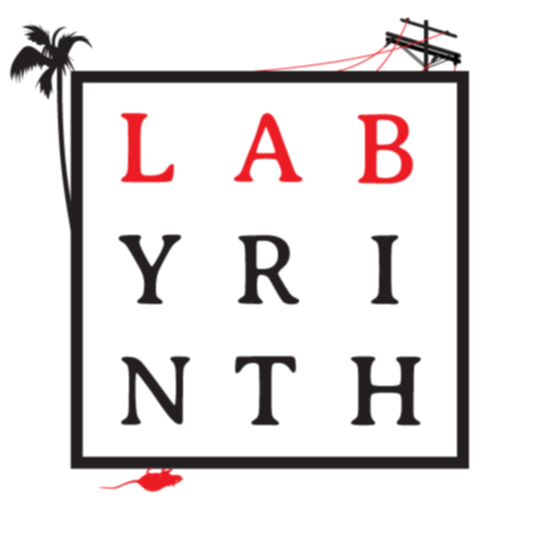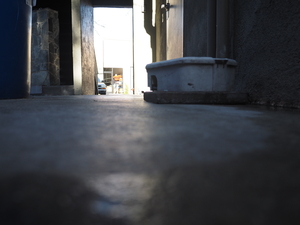The Labyrinth project is run by Christopher Kelty. It builds on two decades of experimenting with collaborative ethnographic work in the fields of anthropology, science studies, history, biology and environmental science. Rather than a traditional hierarchical structure with graduate students who carry out faculty projects, we are committed to a collaborative/participatory framework that supports the co-development of ideas and skills across all levels, from entering undergraduates to faculty colleagues. Most projects undertaken by graduate students are done in collaboration with undergraduates and aim at producing something smaller than a dissertation but large enough to be a challenge.
Wherever possible we work closely with non-academics in the region who collaborate with us, advise us, and guide our questions. As anthropologists, we are committed to a practice that is equitable and non-extractive, decolonial, anti-racist, while also being a bit kooky, generally convivial and open to anyone. When we are funded, all lab members and collaborators are paid according to their contribution and experience. We publish papers, which we make available on this website, as well as podcasts which we try to make widely available, and our archive, which is open to any and all contributions.
The Labyrinth project takes the local and the contextual seriously: we are avowedly Angeleno in our focus, but always curious about connections and cross-currents with other places. We value the small-scale observation as well as the big data set, and we are committed to a form of humanistic and interpretive work that is often pain-staking and slow to take shape.
Our methods span several disciplines but are primarily anthropological and historical. For more info on specifics, please refer to each of the research projects separately.
We work primarily with “human subjects” who have relations with animals (and not so much with animals directly, though on occasion it includes observations of animals in relation to humans). As such our research in the period 2018-2022 is covered by UCLA IRB #17-000297. Comments or questions can be directed to ckelty@ucla.edu or to
Office of the Human Research Protection Program (OHRPP) 10889 Wilshire Blvd, Suite 830 Los Angeles, CA 90095-1406 Website: https://ohrpp.research.ucla.edu General Campus IRB: 310-825-7122

